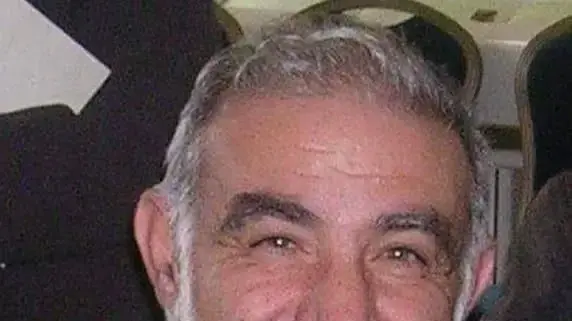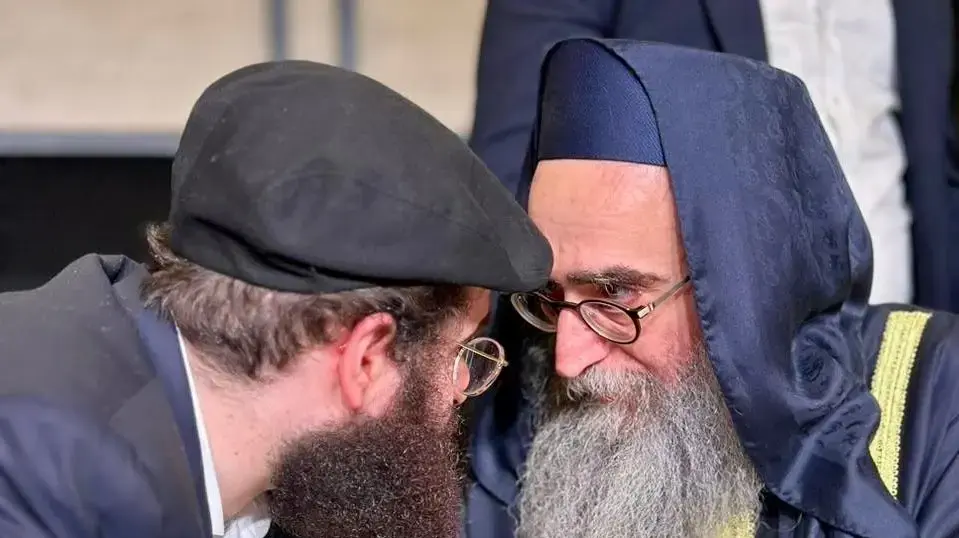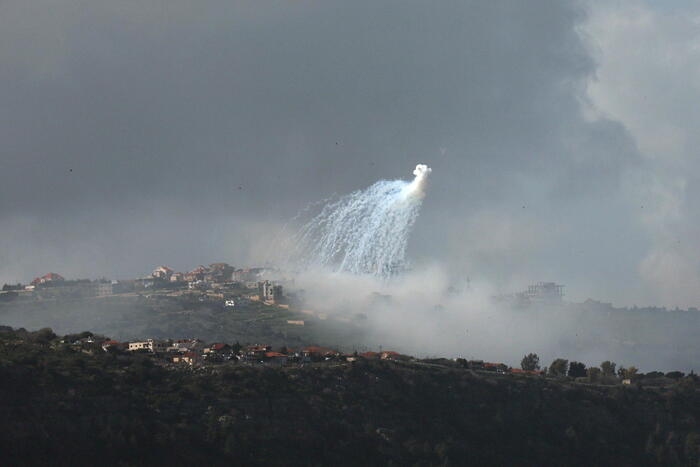"The thunder of cannons. Shell shots. The mother's cry, farewell to the father. The bitter taste of last hugs and the memory of a farewell that will forever hurt", these words were written by the late Pela Harpaz in 1944, when she was 16 years old. After five years of wandering, the girl who escaped from occupied Warsaw arrived To Turkestan in the USSR.
Pela Bergholz-Harpaz immigrated to Israel in 1949 and was one of the founders of the ghetto fighters kibbutz.
In the diary where she wrote poems and her thoughts, she described the experiences of her family members during the Holocaust.
Two years before her death in 2015, she donated the diary to the Ghetto Fighters House museum.
The diary was translated from Polish to Hebrew, and these days the diary is uploaded to the museum's website.
"Fela was 11 years old when her whole world turned upside down. In the poem notebook, she gives expression to her feelings, thoughts and fears," says Anat Bartman Elhallel, director of the archives at the museum.
Pela was 11 years old when the Germans occupied her hometown of Warsaw, in 1939, where she grew up in an affluent neighborhood.
Immediately after the occupation, her father decided to leave the house with her elder brother Izo to the territory under the control of the Soviet Union. He promised to write them a letter when he managed. In December of that year, the letter arrived that the father and brother were in the city of Vitebsk in Belarus. The mother set off with the two girls.
Pele's son and the diary she wrote, photo: Courtesy of the Ghetto Fighters House archive
"We arrived in the city of Malkina," Pela says in her diary, "there we saw a strange sight. Thousands of people sitting on their pekkas. Sitting and waiting. Waiting for a border smuggler. Anyone who approached the border line heard the Red soldiers shouting: "Davai Nazad!" (Go back) . We are in the heart of the field. There is nothing to sit on. People let us sit on their pakalas so that we could take care of them. I sat on a package. I fell asleep. In my sleep, someone came up to me and removed the watch I had received from my father for my birthday."
The three managed to cross the border to Bialystok, so it turned out that the day before the father crossed the border back to bring his family - a journey from which he never returned.
The family was deported to a labor camp, where her brother Izo died in the harsh conditions that prevailed in the camp.
After two years, the mother and the two daughters were put on a train to Kazakhstan.
"We continued to starve," Pele wrote, "Mother sensed that the battle was over. She called us and ordered us to go to the city of Turkistan, contact the office dealing with refugees and say that we are orphans, and then, she hoped, they would arrange us in an orphanage. We listened and wept. We do not want to leave the Mother. They refuse to understand that mother is going to die."
The sisters Pela and Hanka spent the war years in the orphanage.
They immigrated to Israel on the immigration ship Exodus and only managed to reach Israel in 1949.
After they managed to reach the young Israel, Pele joined the group of Holocaust survivors who founded the kibbutz of the ghetto fighters.
were we wrong
We will fix it!
If you found an error in the article, we would appreciate it if you shared it with us













